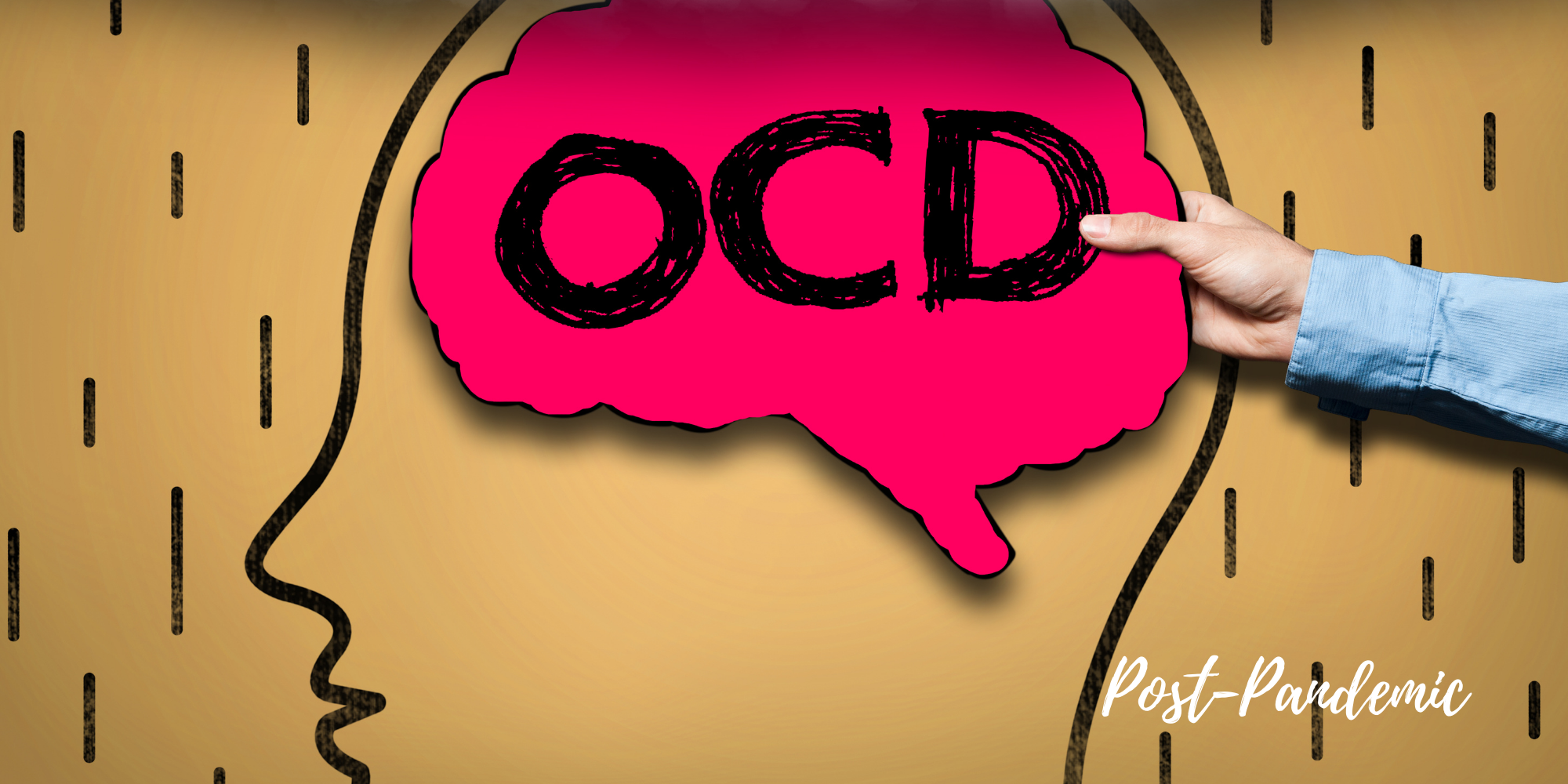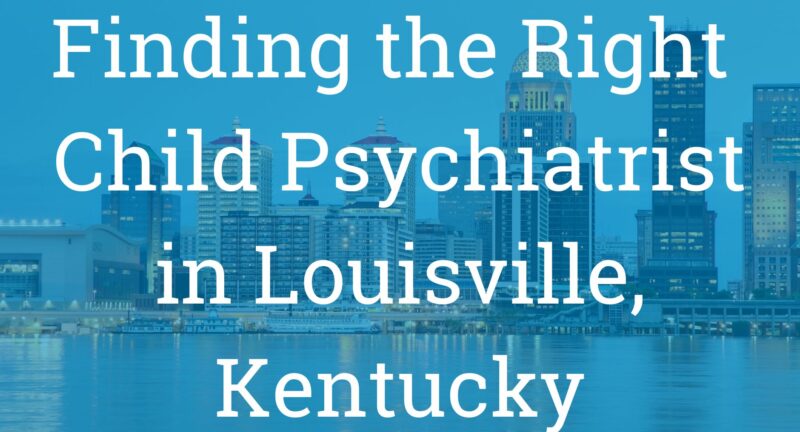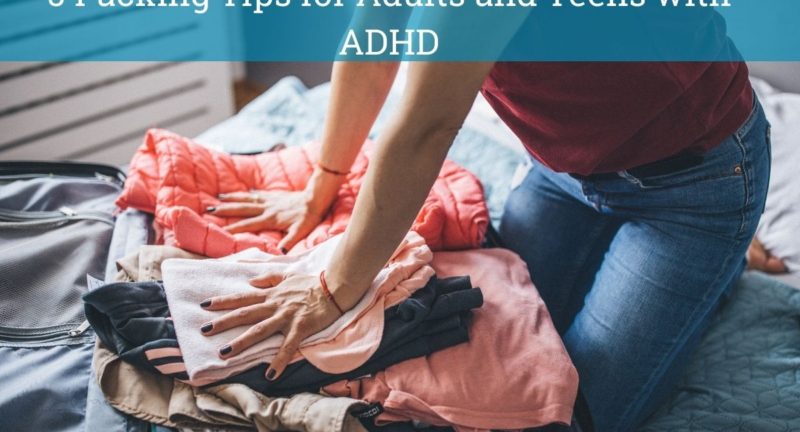
Dealing with OCD and ADHD Post-Pandemic
The pandemic has been a rather interesting time for persons struggling with OCD; the rest of the world has become “germaphobic.” And rightly so, given the contagious and lethal nature of Covid-19.
Everyone, or at least most people, adopted the practice of routinely thinking about germs, wiping down surfaces, and vigilant hand washing. Individuals with OCD have started to think and say things like, “For once in my life, it is nice to see that everyone else has a taste of what it is like to walk in my shoes, to live in my head for a little bit…” For patients who struggle with severe OCD ( and the amount of mental torment and time spent obsessing about germs), it vastly outweighs that which most of us without OCD experienced temporarily during the pandemic. Any taste we had of obsessing about germs was a fraction of the mental torment that persons with OCD experience daily.
And for those with OCD and ADHD: what can be done? OCD and ADHD often occur together, at a rate of 11.8% co-morbidity of ADHD in individuals with OCD. Here at Next Step 4 ADHD, we not only treat ADHD, but also any co-occurring disorders too.
Continue reading to learn more about OCD, ADHD, how these conditions overlap, and (most importantly) how the right treatment can help.
What Is OCD?
Obsessive-compulsive disorder (OCD) is an anxiety disorder marked by recurrent intrusive thoughts and fears that lead to ritualistic behaviors. At first, you might find the obsessions and compulsions are manageable, but left untreated, the patterns of OCD can impact all aspects of your life.
What is ADHD?
ADHD stands for attention deficit hyperactivity disorder, and according to the Diagnostic and Statistical Manual of Mental Disorders, there are 18 diagnostic criteria that must be met before someone is diagnosed with ADHD. This includes hyperactivity, impulsivity, inattention, and more. (You can read about the lesser-known symptoms of ADHD here.)
Are you noticing these signs of ADHD?
How are ADHD and OCD similar?
ADHD and OCD are two disorders that share a few common symptoms and cause similar issues, and interestingly, both disorders have a genetic connection.
Here are a few ways that ADHD and OCD are similar:
Both conditions involve the same brain areas

ADHD and OCD both produce atypical brain activity in the same area of the brain — the frontostriatal area. This has been documented through brain scans.
This neural pathway is involved in processes like:
- Shifting your attention from one thing to the next
- Being mentally flexible
- Developing habits
- Creating goal-directed behaviors
When this area of your brain (the frontostriatal circuit) isn’t functioning at 100%, it can be harder for you to remember things, make decisions, make and keep plans, and switch from one task to another.
ADHD and OCD can both interfere with academic and career success
ADHD is notorious for contributing to school and work problems because ADHD can make it harder for people to manage their time, remain focused, and complete complicated or complex tasks.
Poor time management and inattention can lead to tardiness or frequent mistakes at work.
Likewise, the time involved in carrying out OCD rituals (especially checking behaviors) can also create problems at work or school due to tardiness.
Obsessions, compulsions, and the anxiety associated with OCD can limit your focus.
In short: both of these conditions can affect your grades, your attendance at work or school, and your performance.
OCD and ADHD can lead to inattention
Inattention is one of the biggest symptoms of ADHD, but OCD can also make you seem inattentive. For example, if you are preoccupied by an obsession, you might not be able to focus on what’s happening around you.
OCD and ADHD can impact your relationships with family, friends, and coworkers
Both of these conditions require extra support from the people in your life. Family members or friends may be involved in encouraging you or supporting you as you seek treatment.
Treating Co-Occurring Conditions
Here at Next Step 4 ADHD, we take a multidisciplinary approach to treatment. This means your treatment plan is well-rounded and may include any of the following:
- Medication
- Therapy
- Lifestyle modifications
Medications
Common medications used to treat ADHD include both stimulants and non-stimulants.
Some medications may be used to treat both ADHD and anxiety at the same time. According to a 2009 study, selective norepinephrine reuptake inhibitors (SNRIs) may target both ADHD and anxiety symptoms.
Therapy
While medication is often included into the treatment plans for ADHD, many people also benefit from non-medication therapies too. This is especially true for those diagnosed with an anxiety disorder, including OCD.
Approaches such as cognitive behavioral therapy (CBT) can provide strategies for overcoming many of the underlying struggles of both anxiety disorders and ADHD.
In addition to CBT, lifestyle changes can also help reduce symptoms of both ADHD and OCD. This includes:
- Exercising regularly
- Eating well-balanced meals
- Practicing stress management techniques
- Practicing self-care, including good sleep hygiene
- Relaxing
A Word From Next Step 4 ADHD
A co-occurring diagnosis of OCD can be a lifelong reality for an adult or child with ADHD. It’s normal to feel overwhelmed at the thought of multiple diagnoses, but learning more about the connection between these two conditions is the first step toward improving your control over your life. When you’re ready to schedule your consultation, give our Louisville, Kentucky office a call and we’ll help you take your next steps so you can thrive.
Related Posts
Finding the Right Support: Child Psychiatrist in Louisville, Kentucky
Parenting a child with ADHD can be both rewarding and challenging......
5 Summer Vacation Packing Tips for Teens and Adults with ADHD
Whether you're a parent with ADHD in charge of packing for a family vacation, or...


